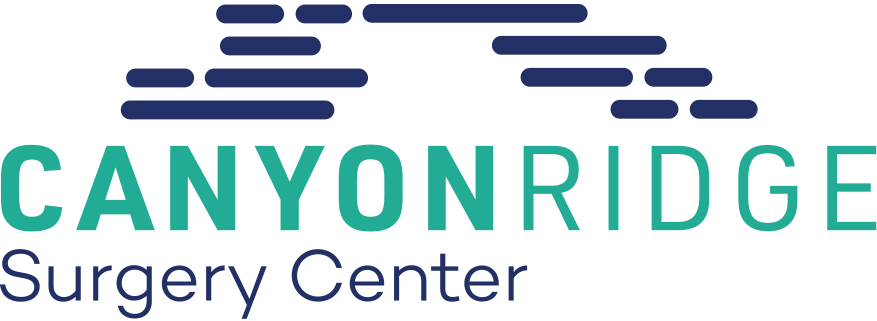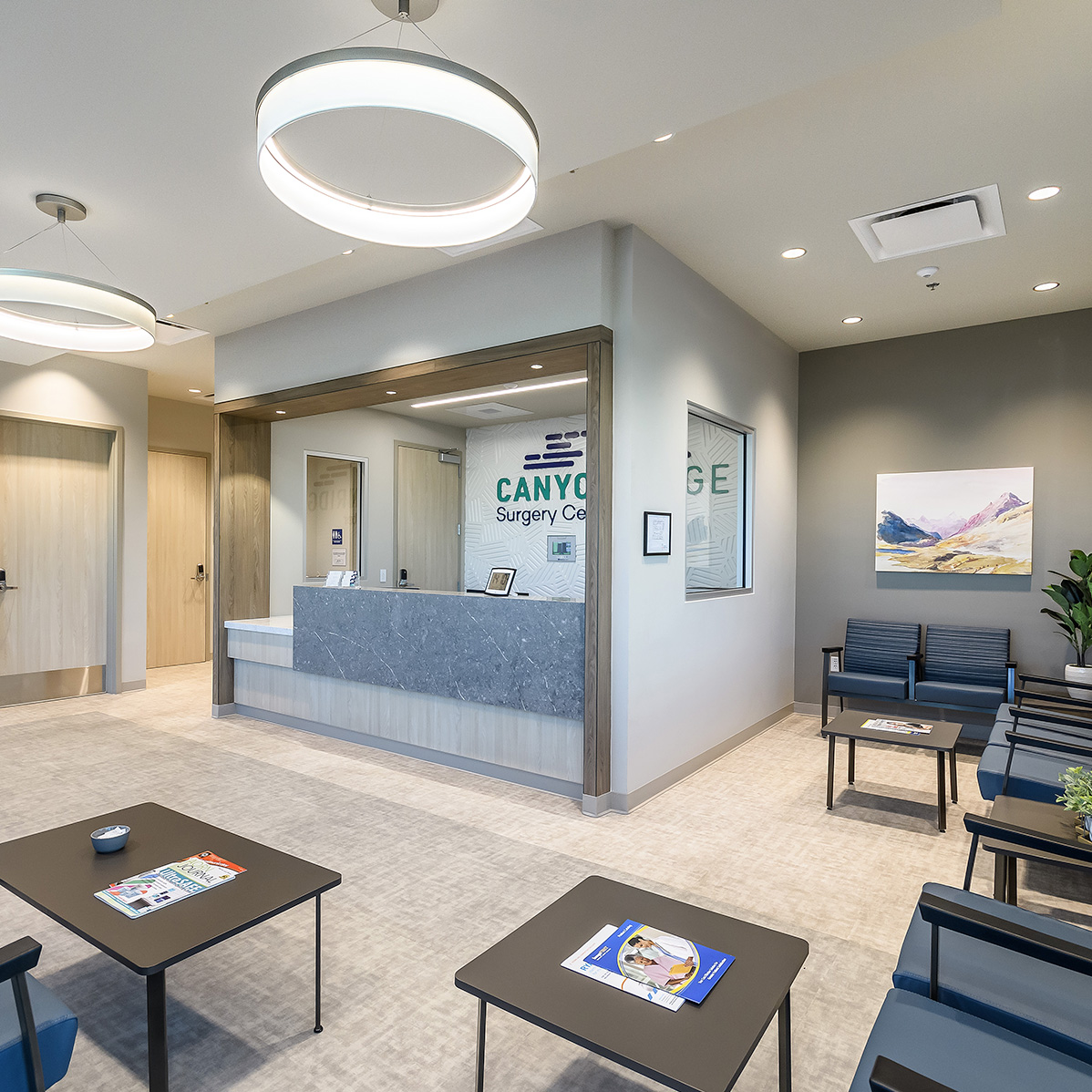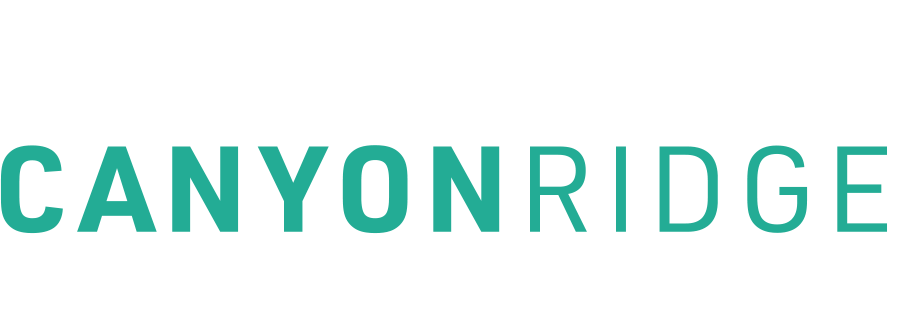Spinal cord stimulation (SCS) is a treatment that deliver mild electric signals to nerve fibers near the spinal cord to help keep pain signals from reaching the brain. It requires surgery to implant the devices that deliver the electrical stimulation. Your doctor may recommend it if you have debilitating pain and other methods to control it aren't working.
Spinal Cord Stimulation
- How is spinal cord stimulation done?
- What happens after the procedure?
- What are the risks?
- Is SCS right for you?
Before you have a spinal cord stimulator implanted in your back, you'll go through a trial procedure to see if it's going to work for you. Your doctor will use a hollow needle to insert the device that delivers low-level electrical signals into your back. Using a pulse generator outside your body, you will try out the device at different settings for a few days.
If the trial period goes well, you'll schedule a second surgery. You'll be under light anesthesia. This time an incision will be made in your back, and the electrode device will be placed in the space behind the spinal cord. You will also have an incision in your buttocks, where the pulse generator will be placed. Wires running from the electrode lead to the pulse generator will be placed under your skin.
You will control the level of electrical stimulation with a small hand-held remote control. Your doctor will give you detailed information on how to take care of your incision, how to use the stimulation equipment, and when to return for follow-up visits. If problems develop later on, the SCS equipment can be removed.
There are a number of potential risks, including those that are possible with any surgery, such as infection, bleeding, and reaction to anesthesia. Other possible complications include changes in the electrode position, loose electrical connections, and spinal cord compression. Ask your doctor for a full explanation of all the risks.
Your doctor may recommend SCS if you meet several conditions:
- You have chronic, back, leg, or arm pain.
- Other treatments haven't worked.
- Surgery has failed or is not likely to help in your situation.


